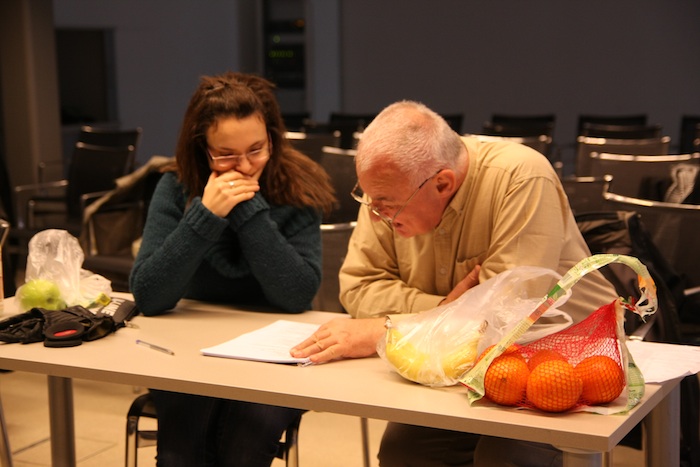
Here’s our tips for adult numeracy tutors.
1. Focus on real world examples
Build numeracy activities around the interests and needs of your students, whether it’s how to understand a payslip, measure doses of medication or how to split a bill at a restaurant. Finding out what your learner wants to know is a great way to get the most of your time together.
2. Keep basic reference books handy
If you’re teaching numeracy and it’s been a while since you were in a maths class, you might be stumped by some of the curly questions learners ask. Be prepared by keeping a reference book close by.
3. Give learners a HB pencil
Encourage adult learners to use a soft HB pencil so they can rub out any errors easily and effectively. Keeping their pages neat and correct has a psychological pay off too because it’s easier for learners to focus on their successful answers rather than being reminded of their mistakes.
4. Use local bus and train timetables
Understanding public transport timetables is an important life skill especially for learners who rely on local buses and trains to get around. Timetables demand a range of maths skills and familiarity with numerical concepts that include comparing arrival times, understanding 12 and 24 hour time systems, and choosing the right routes.
5. Keep it physical
For people with low level numeracy, numbers on a page don’t mean much. Using arithmetic blocks or different coloured paper clips is a practical way to demonstrate addition, subtraction and multiplication. Being able to physically manipulate objects to demonstrate maths concepts can be a powerful learning aid.
6. Counterfeit counting
Use play money to practise and perfect cash handling skills. Combine this with catalogues from local shops to give the learner the chance to practise shopping for items of interest.
7. Play games
Encourage learners to play number games using flashcards or Uno between sessions to practise their numeracy skills, have fun and reinforce what they’ve learned in their sessions with you.
8. Measure up
Rulers and tape measures are great visual aids for doing mental arithmetic and very handy for older learners to get the hang of metric and imperial measurements
9. Calculate
Using calculators is a great way to improve a learner’s number skills, estimation and problem solving skills. They’re also readily available. Anyone with a mobile phone has a calculator in their pocket.
10. Collect junk mail
It’s free, colourful and full of practical examples of everyday maths. Learners can cut them up to make shopping lists, practise their budgeting skills and calculate discounts and percentages off.
These tips are from a recent ALA webinar by Merv Gardner, who has a long history of training adult numeracy and literacy volunteers. A recording of the webinar is available for ALA members.
Photo credit: Tutor support, CC BY 2.0
